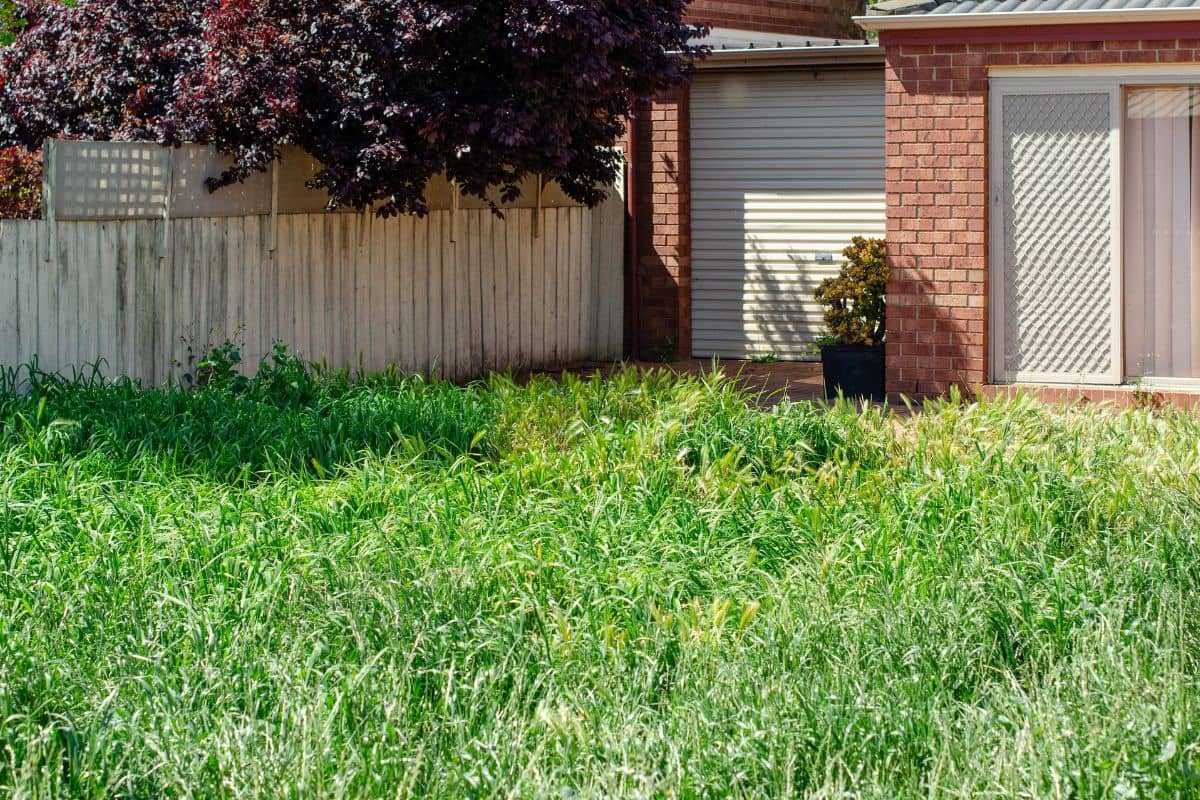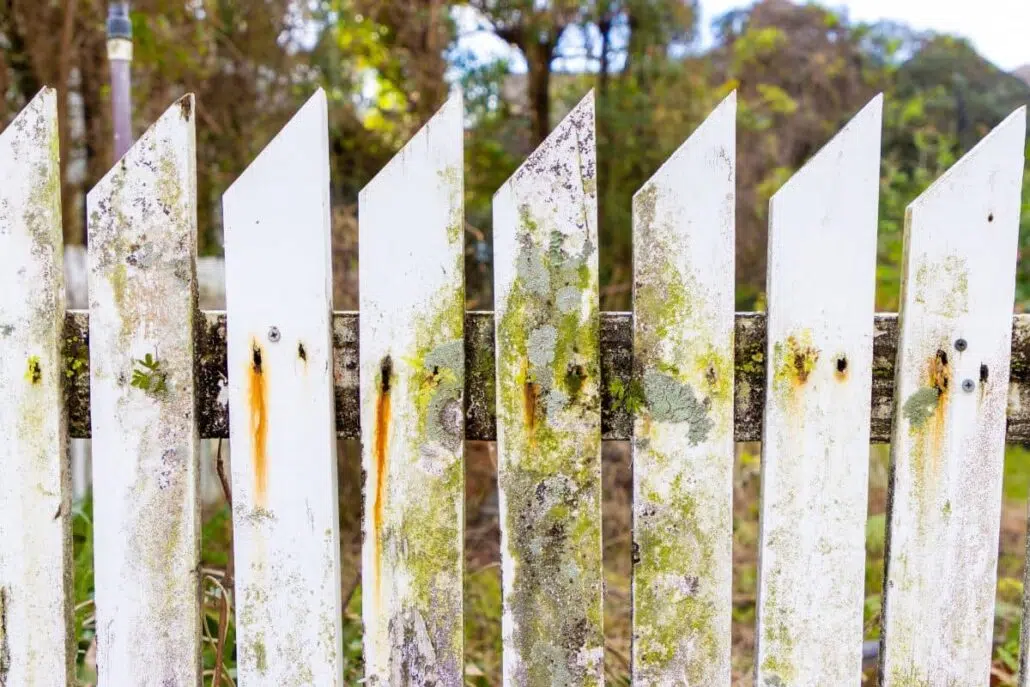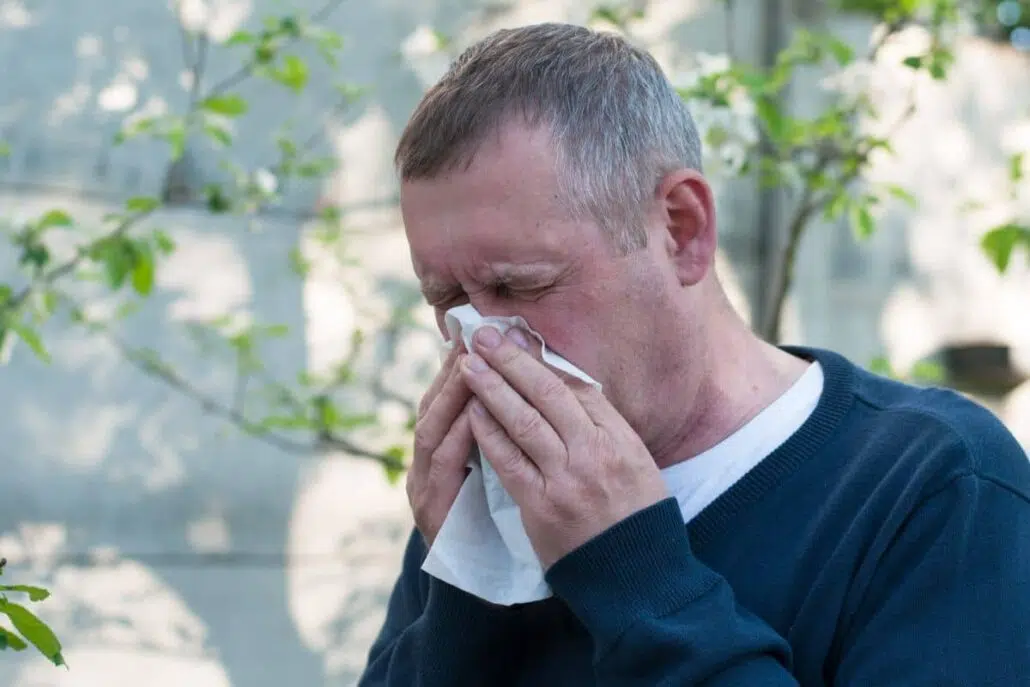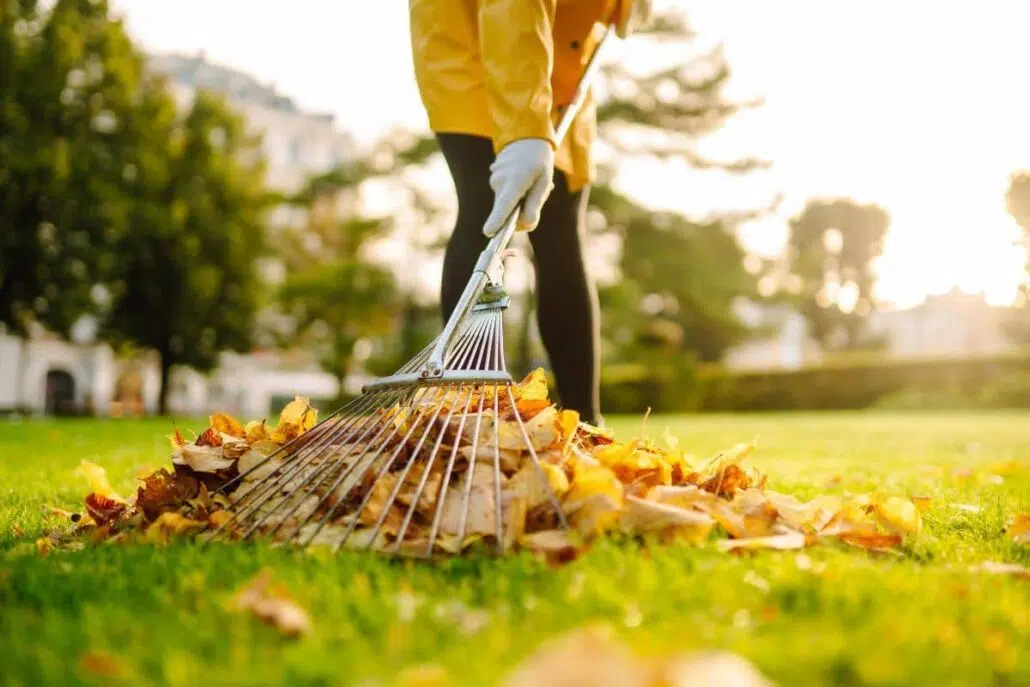Outdoor mold allergy symptoms can turn a relaxing afternoon in your Marlton backyard into a season-long struggle with congestion, sneezing, and fatigue. Many local residents experience these symptoms without realizing that the cause may be growing right outside their doors—in damp soil, compost piles, leaf litter, or shaded corners where mold thrives. Knowing what to look for, how to minimize exposure, and when to seek medical care can make a significant difference in your comfort and long-term health.
Becker ENT & Allergy’s experienced allergists and ENT specialists offer targeted diagnosis and advanced treatment options designed to help Marlton residents address mold allergies effectively. With two nearby offices in Voorhees, patients can access expert care close to home, ensuring relief is both timely and convenient.

Quick Insights: What Marlton Residents Should Know About Mold Allergies
- Outdoor mold can thrive in Marlton’s humid climate, especially in shaded and damp backyard areas.
- Mold allergies often cause symptoms similar to seasonal pollen allergies but can persist well beyond “allergy season.”
- Common mold allergy symptoms include nasal congestion, sneezing, runny nose, itchy eyes, and asthma flare-ups.
- Effective treatments range from antihistamines and nasal sprays to immunotherapy, available through Becker ENT & Allergy.
- Preventive steps, like reducing moisture and managing landscaping, can lower mold exposure at home.
Why Mold Thrives in Many Marlton Outdoor Spaces
Local climate factors
Marlton, NJ, experiences a climate that creates ideal conditions for mold growth: humid summers, mild springs and falls, and periods of heavy rainfall. Warm, damp air allows mold spores to multiply, while fluctuating temperatures extend the growing season. Even in cooler months, some molds remain active, meaning exposure is possible nearly year-round.
Common mold zones in Backyards
Certain outdoor areas are more prone to mold and mildew buildup:
- Gardens and flower beds with damp soil and mulch
- Compost piles where organic material breaks down
- Leaf piles that trap moisture and create decay
- Rotting wood such as old fences, decks, or mulch borders
- Shaded areas under dense tree coverage where sunlight rarely reaches

Seasonal Patterns in Mold Growth
While grass pollen counts drop in late summer, mold spore counts often rise. Outdoor mold is most prevalent from midsummer through late fall, but in Marlton’s climate, mold can survive into winter in sheltered, damp areas. Spring rains also create an early-season spike, making mold a year-round concern for sensitive individuals.
Landscaping Styles in Marlton Neighborhoods
Many Marlton properties feature dense tree coverage, ornamental shrubs, and mulched garden beds—beautiful for curb appeal but also ideal for mold. Shaded lawns and elaborate plantings can trap moisture, while poorly drained soil creates a breeding ground for mold spores. Regular maintenance and strategic landscaping choices can help reduce risk.
Recognizing Mold Allergy Symptoms Outdoors
Mold allergy symptoms can mimic other seasonal allergies, making professional evaluation essential. Common signs include:
- Nasal congestion and runny nose
- Sneezing and postnasal drip
- Itchy, watery eyes
- Coughing, wheezing, or throat irritation
- Worsening asthma symptoms or shortness of breath
- Fatigue and headaches from prolonged exposure
If these symptoms persist beyond the typical spring or fall allergy seasons, outdoor mold may be the culprit.

Don’t ignore the warning signs
Book your consultation with our allergy specialists today and find out what’s triggering your symptoms.
Effective Treatments for Mold Allergy Symptoms and Asthma
The first step toward relief is an accurate diagnosis from a board-certified allergist. At Becker ENT & Allergy, your evaluation may include:

- Allergy skin testing to identify mold and other triggers
- Spirometry to assess asthma or breathing concerns
- Detailed exposure history to pinpoint likely sources
Treatment plans may include:
- Antihistamines and nasal sprays to control allergy symptoms
- Leukotriene inhibitors, in some cases, as an adjunct treatment for patients with allergic asthma
- Allergen immunotherapy (allergy shots) to desensitize the immune system over time
- Personalized prevention strategies to reduce mold exposure at home
Preventing Mold Exposure in Marlton Backyards
While it’s impossible to eliminate all mold exposure, taking steps to limit contact can significantly improve comfort:
- Keep gutters clear of leaves and debris
- Avoid raking or disturbing leaf piles without a mask
- Choose gravel or stone instead of mulch in shaded areas
- Improve drainage in low-lying areas of the yard
- Trim dense shrubs and trees to increase sunlight exposure
- Store firewood away from the house and off the ground

Reducing Different Types of Backyard Mold
Practical measures for a healthier outdoor space:
- Remove fallen leaves promptly in autumn
- Turn compost piles regularly to speed decomposition
- Replace old mulch each season
- Repair leaky outdoor faucets and hoses
- Use a dehumidifier in enclosed outdoor storage spaces
- Avoid overwatering plants
Why Choose Becker ENT and Allergy Near Marlton
With offices conveniently located in Voorhees on Route 73 and Berlin Road, Becker ENT & Allergy offers Marlton residents easy access to expert allergy care. Their team of board-certified allergists and ENT specialists provides comprehensive testing, customized treatment plans, and ongoing support to help patients manage mold allergies effectively. The practice is known for its patient-focused approach, ensuring each treatment plan is tailored to your unique health needs and lifestyle.
Why Treat Mold Allergy in Time
Untreated mold allergies can lead to chronic sinus issues, worsening asthma, and reduced quality of life. Over time, repeated mold exposure can cause ongoing inflammation in the nasal passages and lungs, increasing susceptibility to infections and respiratory complications. Early intervention helps protect your health and helps you maintain an active lifestyle without constant symptom flare-ups.
Schedule an Appointment with an Allergy and Immunology Doctor
If you suspect outdoor mold in your Marlton backyard is affecting your health, don’t wait for symptoms to worsen. Schedule an appointment with Becker ENT & Allergy today to receive a thorough evaluation and a personalized treatment plan. Relief starts with expert diagnosis and targeted care—both available just minutes from Marlton.

